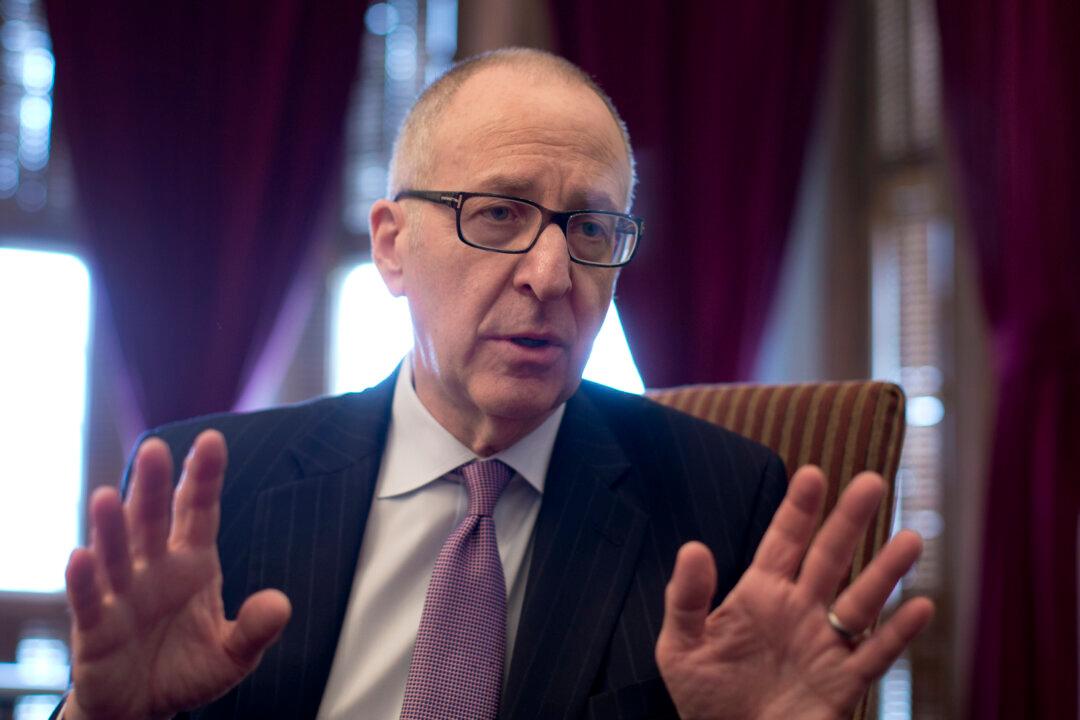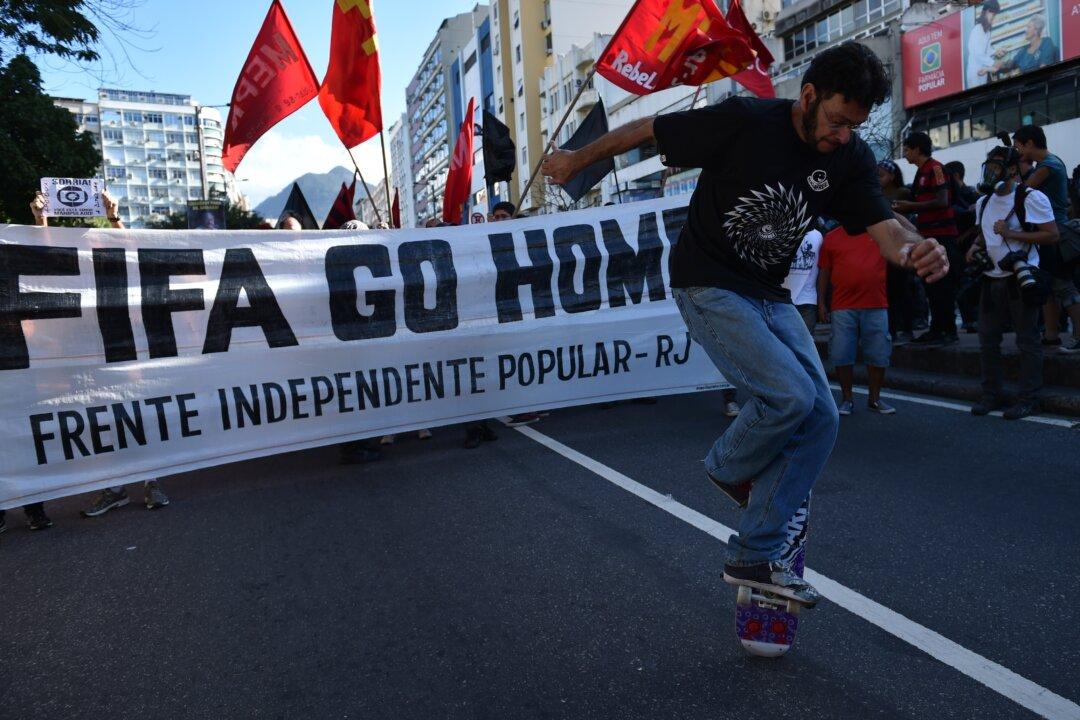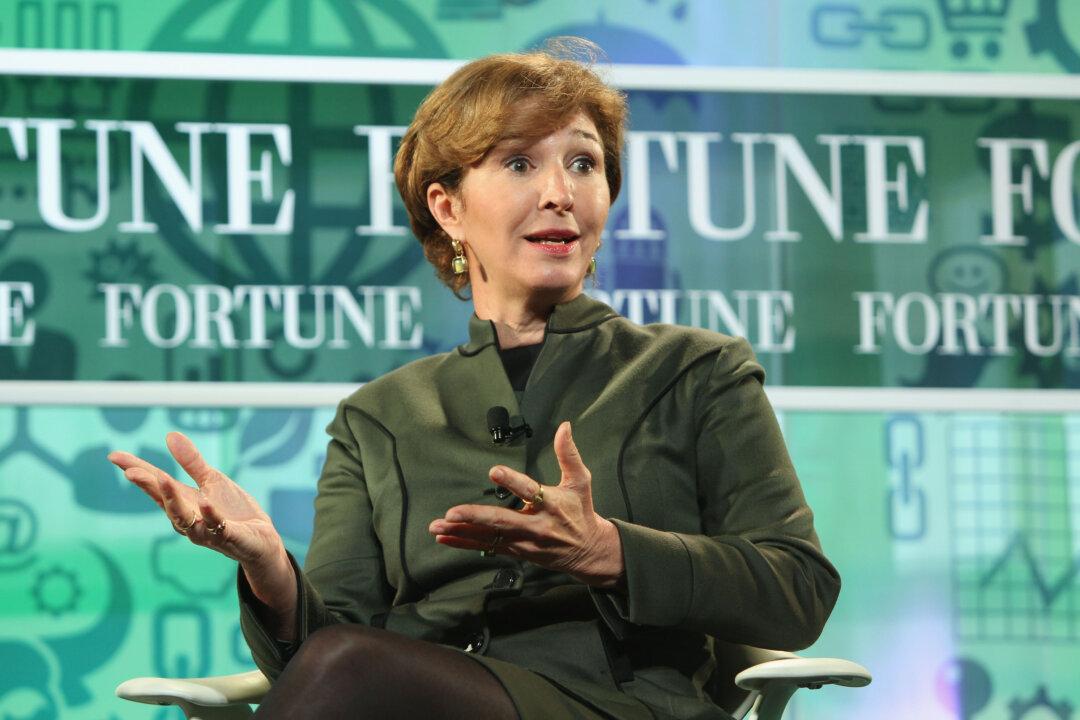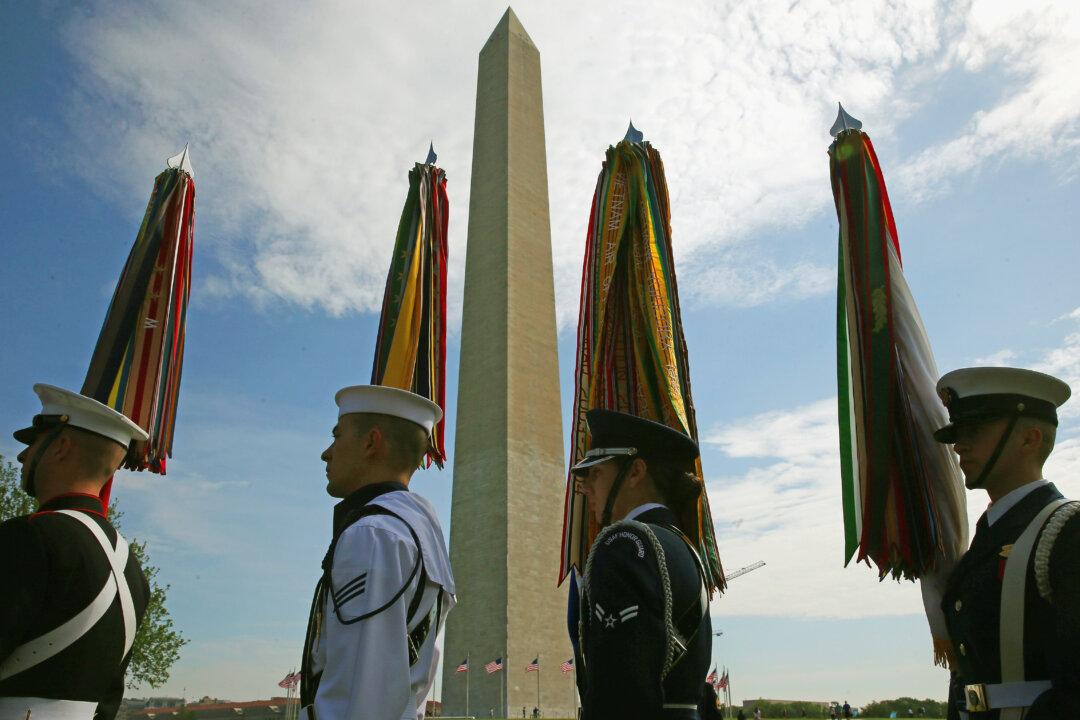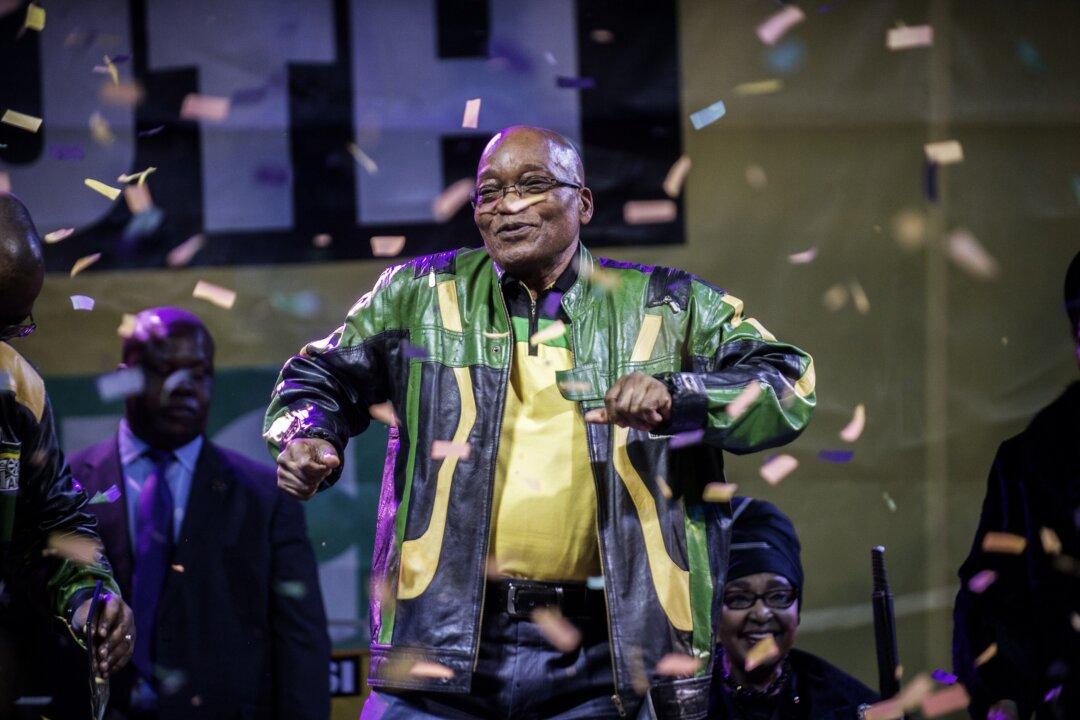How can you be in the past and present at the same time?
Go to your college reunion.
I did, this past weekend, up on the forever beautiful and very green Cornell campus in Ithaca, N.Y. About 350 members of a class of 2,400 trekked back to remember how we were, and to see how the ravages of age and affluence have affected us. I probably hadn’t bonded with as many fellow students because I was an independent, and not in a fraternity or on an athletic team. I was an early responder to activism.
We also had a moving memorial for more than a hundred, of the fallen, including my late friends Bernie Moss, Daniel Patrick Cassidy, and Robin Williams. My co-editor Kenneth Barry Rubin of Dialogue Magazine was not on the list because he had dropped out earlier.
There were many people there I didn’t know then, and perhaps didn’t want to know, but I did run into some old friends and was thrust back into discussions of the racial/civil rights issues that mobilized us to care in our college years, and still top the list of the university’s and the country’s unfinished business.
Somehow, there was a convergence of concerns raised about the color line, the crisis that the black scholar W.E.B Dubois saw as the THE issue of the 20th century. It is not surprising that it continues to dominate what should top our agenda in this century even as Cornell turns 150 this year.
It was also the weekend of the memorial service for the great Maya Angelou (who once, believe it or not, gave me an award), and the weekend that our ever-so-funny hip black comedian, Tracey Morgan, (whose career started in my Bronx high school) was nearly killed in a brutal highway accident that appears to have been caused by a Wal-Mart truck. He is in critical condition but is showing signs of improvement.
The Past Won’t Die
Former Clinton Labor Secretary Robert Reich noted this weekend that the past we fought over then has an insidious way of not dying:
“Mississippi used its new voter-identification law for the first time Tuesday—requiring voters to show a driver’s license or other government-issued photo ID at the polls. The official reason given for the new law is alleged voter fraud, although the state hasn’t been able to provide any evidence that voter fraud is a problem.
“The real reason for the law is to suppress the votes of the poor, especially African-Americans, some of whom won’t be able to afford the cost of a photo ID.
“It’s a tragic irony that this law became effective almost exactly fifty years after three young civil rights workers—Michael Schwerner, James Chaney, and Andrew Goodman—were tortured and murdered in Mississippi for trying to register African-Americans to vote.”
Reich was a friend of Mickey Schwerner. Schwerner and I worked with CORE, the Congress of Racial Equality, and after he died, I took over his job as a dishwasher at the AE Pi fraternity house.
Schwerner and his compatriots were remembered in President David Skorton’s state of the university speech. (Skorton is leaving to take over the Smithsonian Institution in Washington.)
After he was done, I was outside the hall, handing out leaflets the way I used to but a rarity in our digital age, communicating the proposal of today’s students, organizations, faculty members, and alums to build a prominent memorial on campus to honor the civil rights movement.
Our statement read:
“Fifty years ago, on June 21, 1964, these three civil rights activists were brutally murdered in Mississippi. James Chaney was a native son of that state. Michael Schwerner graduated from Cornell in 1961. Andrew Goodman had extensive family connections to Cornell.
“Over the past year, distinguished faculty, hundreds of students, over 40 students organizations, and an alumni committee have asked Cornell to authorize the construction of a prominent outdoor memorial to the memory of these three martyrs. Members of the S-C-G Memorial Project believe that a memorial to the heroism of these young men would serve as a campus touchstone for the values that inspired them and for which they gave their lives: social justice, democracy, and equal rights. Their example and commitment must not be forgotten by future generations of Cornellians.
“Cornell has stated that it deeply desires that this memorial be built. However, challenges remain. If you would like to become a project supporter or would just like more information, please contact Bill Schechter, ’68, at [email protected].”
The president’s speech candidly discussed not only how few African-American students had been in the college when I was there—just four in my freshman class—but also reprised the history of struggle on the issue, most notably dramatized by the 1969 takeover by armed black students of the student union at Willard Straight Hall, an event that gave Cornell global publicity of a kind the administration was most unhappy about.
Cornell’s then president, James Perkins, quit or was forced out, although, it now turns out he played a major behind-the-scenes role in integrating Cornell.
One of the leaders of that takeover, Tom Jones, was there on the reunion weekend, He went from the trenches of that guerilla battle to a seat at the trustees table. He told me he supports our campaign for the memorial.
I also spoke with President Skorton who also said he backs it, as does the former head of the board of trustees, and Svante Myrick, the dynamo mayor of Ithaca who is a Cornell grad and just 26 years old.
The university is officially on record supporting the monument proposal, but, so far, no funds for it have been allocated and there may be battles ahead on what it should be and where it should be located.
Continued Activism
The campaign itself raised consciousness in this generation about this all too quickly forgotten history, building alliances across racial, religious, sexual, and generational lines.
Some of us are still active on these issues.
My old friend Eric Mann, a Cornell fraternity boy back in the day, was there. His life was changed by the civil rights movement of our era. He is now the brilliant organizer of the very militant and well-organized interracial Bus Riders Union in LA, fighting today’s racism and demanding services for the inner city poor.
That campaign is ongoing and has seen many victories, but, in our unequal and divided society, there are problems building coalitions between the impoverished majority and more affluent white middle class. The people who depend on public transportation are largely not supported by the black or Latino middle classes, either.
Ivy League Cornell ranks 15th among American universities. It has become a global player with campuses and offerings in the Middle East and China. It won a competition to build a multimillion dollar state of the art tech campus on New York’s Roosevelt Island in partnership with Michael Bloomberg and an Israeli technical institution that could lead to more political problems.
In the fall, a new $25 million dollar computer center named for and paid for by Bill Gates opens on campus.
In the town many locals call “Mythica,” Cornell is admired for its power and resented for its elitism. At least now, it seems willing to look at its past critically and do more to promote economic as well as racial diversity.
I saw through many of the contradictions when I was on campus, but I also have to acknowledge that going there—I was at the Industrial and Labor Relations School—reinforced my values and taught me a hell of a lot about what needs changing in these disunited States of America. I went back this weekend because in many ways I had never left.
It was there that I deepened my involvement in civil rights activism and socially committed journalism, and enlisted in the fight against apartheid and war.
News Dissector Danny Schechter later attended the London School of Economics and Harvard. He blogs at Newsdissector.net, and edits Mediachannel.org. Comments to [email protected].
